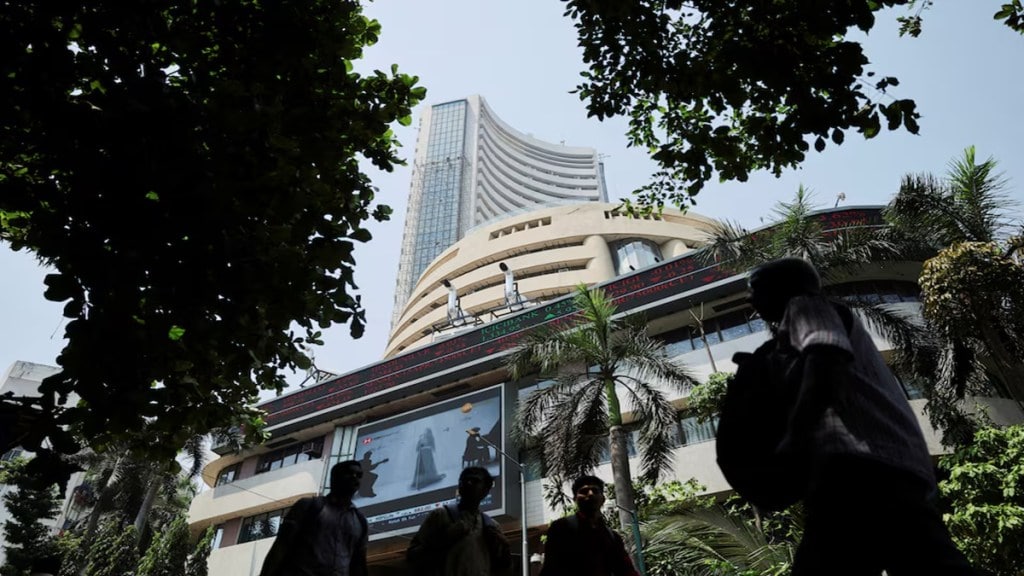The stock price of the BSE has lost nearly 11% from its all-time high hit last Tuesday amid concerns of overvaluation and increased scrutiny of the markets regulator, SEBI, on quantitative trading platform Jane Street, which holds dominance over India’s exchange traded funds and other foreign portfolio investors (FPIs).
The stock, after seeing a stellar rally of over 130% from early March to June 10, fell in the last four consecutive sessions.
Data from Prime Database’s monthly MF tracker show with net selling of Rs 770.26 crore, the stock was fourth-most sold by mutual funds in May. Among mutual funds that have decreased their holdings in the BSE are HSBC Mutual Fund and Nippon India Mutual fund (more than Rs 200 crore each), followed by HDFC Mutual Fund, Kotak Mahindra Mutual Fund, and Tata Mutual Fund that have net sold shares worth Rs 71.91 crore – Rs 87 crore.
One of the reasons behind the fall in the share price, apart from it being overvalued, is reports of SEBI investigating high-frequency trading platforms like Jane Street, said Vinit Bolinjkar, head of research at Ventura Securities.
In January 2025, the National Stock Exchange (NSE) launched an investigation into Jane Street’s derivatives trades. It cited ‘irregular activity’ by Jane Street in ‘rapid reversals’ and raised concerns about potential market manipulation. In early May, SEBI initiated an investigation into its derivatives trades and reportedly found similar patterns executed by other FPIs.
According to Bolinjkar, the stock’s fair value is Rs 2,500. On Monday, it closed at Rs 2,701.80. Its rival NSE’s price in the unlisted market has slightly moderated – from Rs 2,400 at May end to Rs 2,375.
Another industry player said the growth in the turnover from the options trade of the exchanges has been capped. “India’s growth will not be different from that in the global markets, which is 20-25%,” he said, adding that from a market share perspective, some FPIs on the NSE are slowly migrating to the BSE.
NSE managing director Ashishkumar Chauhan in its analyst call had said, “The part of market-share loss has run its course now, given the fact that everything that had to happen has happened, hopefully. Unless some new measures that specifically target only the NSE are announced, we seem to believe that this is pretty much what has to be seen as the market share.”
As of May, its market share was at 94.6% in the cash market, 99.85% in equity futures and 81.2% in equity options.

